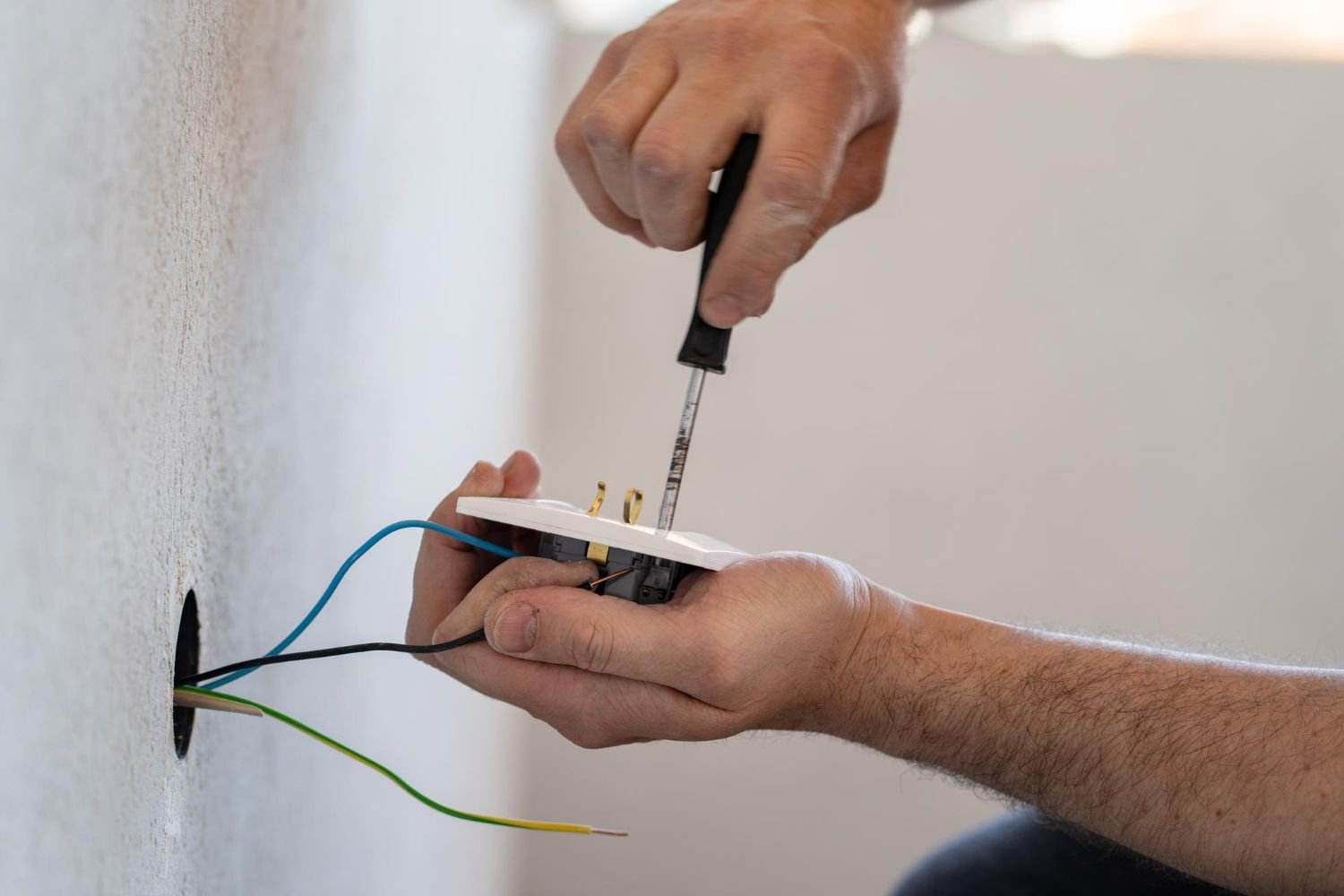How to Properly Ground Electrical Systems

Properly grounding electrical systems is a crucial aspect of electrical safety and functionality. Grounding provides a path for electrical currents to safely dissipate, reducing the risk of electrical shocks, fires, and equipment damage. In this article, we will discuss the importance of grounding electrical systems and provide step-by-step guidance on how to establish a proper grounding setup. Whether you’re in Indianapolis or anywhere else, understanding the principles of grounding is essential for a safe and reliable electrical system.
The Significance of Electrical Grounding
Electrical grounding serves multiple purposes, including personal safety, equipment protection, and effective operation of electrical systems. Grounding helps prevent electric shocks by directing excessive electrical currents safely into the ground. It also protects sensitive electronic devices by providing a reference point for voltage stabilization and minimizing the risk of power surges or fluctuations.
Understanding Grounding Components
Grounding involves several key components, including the grounding electrode system, grounding conductors, and grounding electrodes. The grounding electrode system typically consists of metal rods or plates buried in the ground, while grounding conductors connect electrical equipment to the grounding electrode system.
Seeking Professional Assistance
While the steps outlined above can help you establish a basic grounding system, it is always advisable to consult a licensed electrician for complex electrical installations or if you’re unsure about any aspect of the process. Electricians have the expertise and equipment to ensure proper grounding and compliance with local codes and regulations.
Regular Maintenance and Inspection
Maintaining a properly grounded electrical system requires periodic inspection and maintenance. Over time, corrosion or other factors may affect the effectiveness of grounding components. Schedule regular inspections by a licensed electrician to identify and address any issues promptly.
How To Ground Electrical Systems:
- Consult Local Electrical Codes: Familiarize yourself with the electrical codes and regulations specific to your area. Different jurisdictions may have slightly different requirements for grounding, so it’s essential to adhere to local guidelines.
- Identify Main Service Panel: Locate the main service panel or distribution board where the electrical service enters your property. This is typically where the grounding electrode system is connected.
- Install Grounding Electrode System: Follow the manufacturer’s instructions to install grounding electrodes, such as grounding rods or plates, at a specified depth and distance from the main service panel. Connect them using appropriate grounding conductors.
- Connect Grounding Conductors: Run grounding conductors from the main service panel to all electrical outlets, switches, and metal enclosures throughout your property. Ensure proper connections and secure bonding between conductors and equipment.
- Bond Metal Water Pipes and Structural Elements: Bond metal water pipes and structural elements to the grounding electrode system using approved clamps or connectors. This helps create a comprehensive grounding network.
- Install Ground Fault Circuit Interrupters (GFCIs): Install GFCIs in areas where electrical outlets are near water sources, such as kitchens, bathrooms, and outdoor locations. GFCIs provide an additional layer of protection by quickly shutting off power in the event of a ground fault.
- Test Grounding System: Once the grounding system is installed, it is important to test its effectiveness. Use a ground resistance tester or consult a licensed electrician to ensure the resistance meets the required standards.
Properly grounding electrical systems is essential for safety, equipment protection, and reliable operation. By understanding the importance of grounding, following local electrical codes, and implementing the step-by-step process outlined in this article, you can establish a robust grounding system. Remember, if you’re uncertain or dealing with complex electrical installations, it is wise to seek professional assistance from Indianapolis electricians like Central Electric. Maintaining a properly grounded electrical system ensures a safer and more efficient electrical environment for your home or business, regardless of your location
